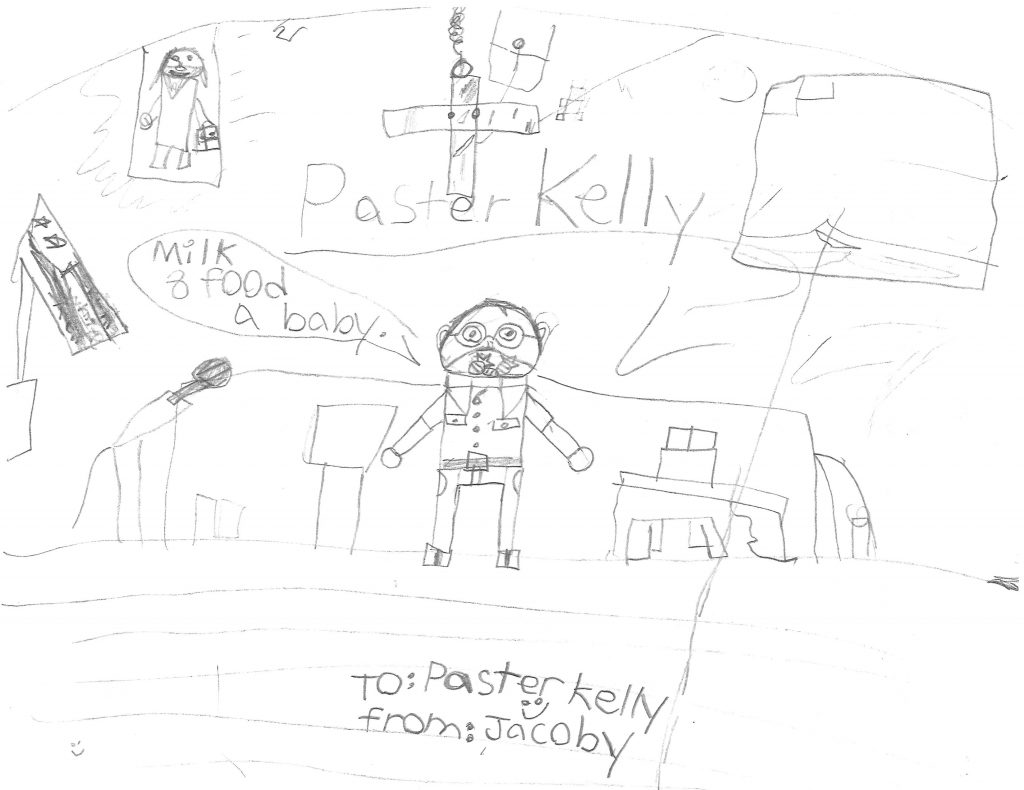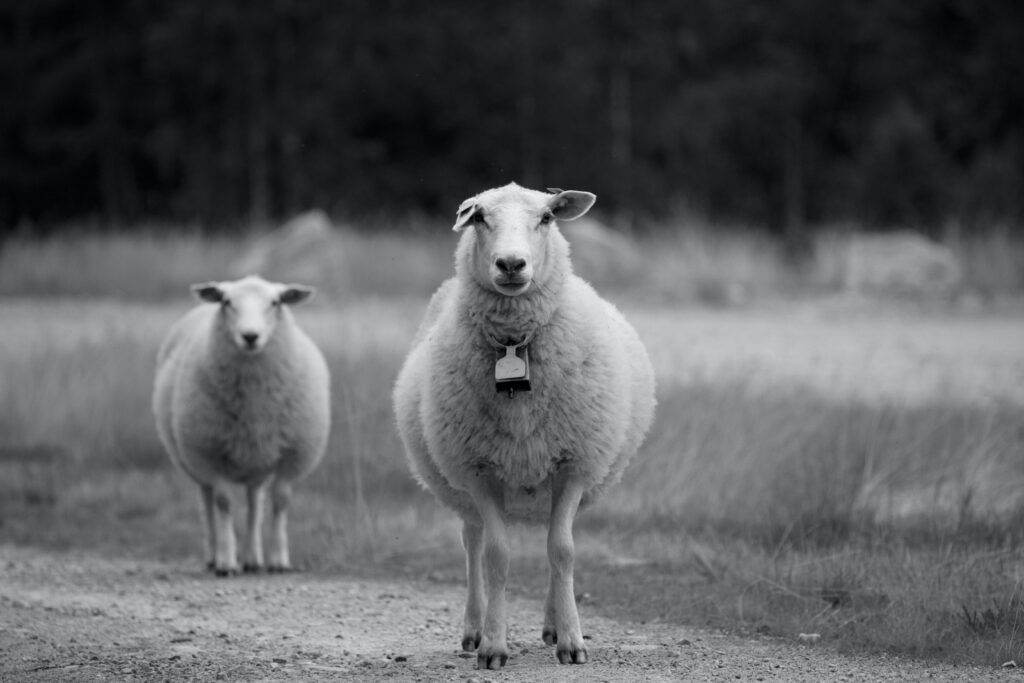
Obviously, I cannot know the prayers of other pastors entering into ministry. I do know that one of my prayers was “Lord, fill these walls with people” —I thought, that shouldn’t be so hard, should it? I get the impression that for many pastors the number one concern, desire or prayer, like mine was, is church growth. For those pastors the focus then becomes, “How do I go big?”
But, over the years of ministry, I have developed some concerns about that mindset. Certainly, we desire to have many come to the Lord and be integrated into the flock. Certainly, we want a bustling church community. And we should desire a healthy flock. But I do think the greater question should be, “Am I ready to shepherd that flock?”
Peter encourages those in the pastorate to “shepherd the flock of God” (1 Peter 5:1-5); drawing from his conversation with Christ at the Sea of Galilee, wherein Christ illumines the scope of that pastoring— Peter would understand the spectrum of true shepherding incorporates both feeding and tending the Flock.
The call of shepherd is to feed and tend the sheep of any given flock. In light of modern technology, it is easier perhaps to “feed” many, hundreds, even thousands of sheep at a time. If feeding the sheep is to disseminate biblical truth, then that can be done across a number of platforms including YouTube, Vimeo, Facebook, print and blogs at the push of a few keys. However, that in itself is not the full scope of shepherding… there is that whole “tending” to the sheep thing that is not so easy—that happens one-on-one, at close quarters. Obviously, a pastor cannot adequately care for all the sheep that he is able to instruct. In other words, if one can, and does identify as a shepherd, as a pastor; How much spiritual capital does he hold to invest into those sheep?
In addition to feeding, is he able to care for those same sheep?
Is he able to pray for the sheep?
Is he able to visit them on a regular basis?
Is he able to love on them? Is he available?
Is he truly able to invest in them at an adequate level?
Does he know their names and life situations?
Is he able to listen to, focus upon, disciple, and mentor those sheep?
We must recognize that there is a finite number… of sheep for which we can responsibly care.
I hear people often claim a well-known “celebrity” preacher to be their pastor. Or, that their pastor is one who is leading a many thousand-person church across multiple campuses. My thoughts are: Have you ever met “your” pastor? Have you shared a meal with him? Would he recognize you on the street? Does he even know your name? Would he be there to marry off your child? Or to officiate in the loss of a family member? It is difficult for me to process the errant claiming of an individual as one’s pastor absent of all, if not most of these qualities.
Certainly, a portrait of a vacant or distant pastor is not the one found in Psalm 23.
As a rubric of pastoring, we could turn to the 10th chapter of John wherein Christ claims, “I am the good shepherd, and I know My own and My own know Me, even as the Father knows Me and I know the Father” (John 10:14-15); both parts to that equation communicate a level of relationship beyond mere awareness, or name recognition. In fact, Christ equates that level of intimacy to the level shared between the Father and the Son in the Holy Trinity.
Where growth exceeds our personal abilities to shepherd well, we need to have additional shepherds and under-shepherds at the ready to assist. We know that God Himself reserves the right to bring growth according to His timing, “And the Lord was adding to their number daily those who were being saved” (Acts 4:47). Our prayer then, as pastors and congregants should perhaps be more along the lines of being ready for that growth to the Body, if and when it does come.
So often I fear, the wrong prayer is offered. And I am ever aware that I fall short even with the smaller flock that has been entrusted to me. Perhaps, even more likely the prayer should be not to fill the walls of the church to over-flowing, but rather to fill the church to the level of our pastoral graces, that we are equipped to effectively shepherd the flock well—in both feeding and tending… whatever the number the Lord entrusts.
To be feeding without tending is falling short of good pastoral and relational graces.
To be relational and not instructing in the unfathomable riches of Christ is to fall short on another level.
One last note, could I suggest that for those in the pews who are wondering why their church is not growing, it could just be that the church is not ready for an influx of additional persons? Yes, it could be that the pastor has reached a pastoral equilibrium, and is not himself prepared for additional growth. Still, some may accuse the pastor of being somehow deficient, it could very well be that the Body is not yet equipped or willing to be part of the solution.
God will provide growth when He is ready; our corporate task is to be prepared to welcome and shepherd those sheep.
Edited 5/23





